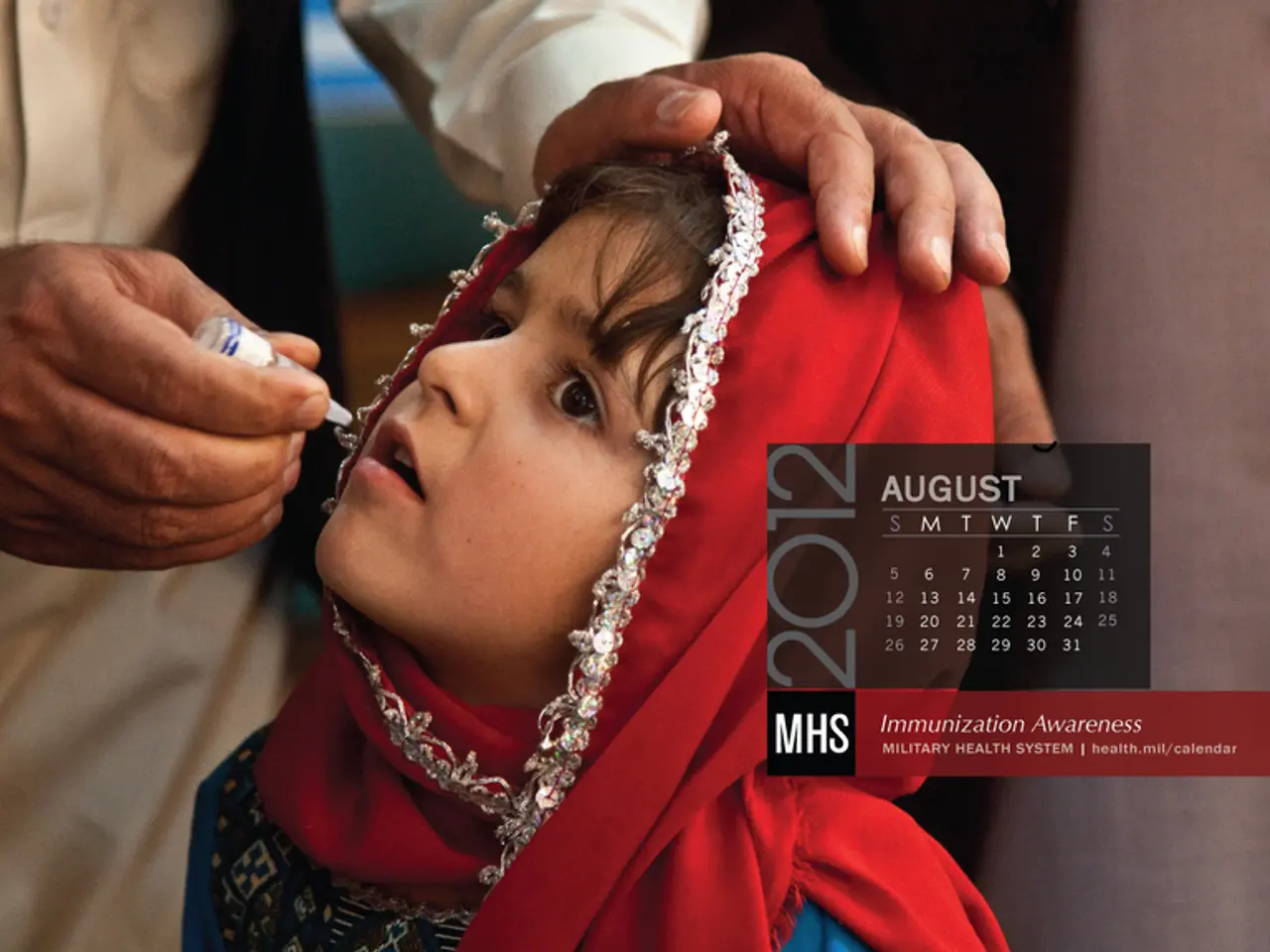Sudan grapples with nearly 100,000 cholera cases
In Sudan, a cholera outbreak and a malnutrition epidemic have taken hold, threatening the lives of countless individuals. The causes of these crises are rooted in food and water contamination, conflict, and a lack of resources.
Cholera, an acute intestinal infection, spreads through food and water contaminated with bacteria, often from faeces. Since 2021, there has been a global increase in cholera cases and their geographical spread. In Sudan, the World Health Organization (WHO) has reported nearly 100,000 cases of cholera since July 2022.
The WHO is seeing a declining trend in cholera numbers, but progress is fragile. Oral cholera vaccination campaigns have been conducted in several states, including the capital Khartoum. However, access to affected areas remains limited due to ongoing fighting and insecurity, especially in conflict hotspots like North Darfur and Tawila where cholera is rapidly spreading.
Cholera causes severe diarrhoea, vomiting, and muscle cramps. If left untreated, it can kill within hours. However, cholera can be treated with simple oral rehydration and antibiotics for more severe cases. UNICEF plans to deliver more than 1.4 million doses of oral cholera vaccine and is working to bolster treatment centers, alongside distributing soap, latrine slabs, and plastic sheeting to improve sanitation.
Malnutrition is a significant issue in Sudan, with millions going hungry. Around 770,000 children under five years old are expected to suffer from severe acute malnutrition this year. Overcrowding in displacement and refugee camps exacerbates this situation, heightening the risk of disease transmission and worsening nutritional status.
The fighting in Sudan has resulted in the death of tens of thousands of people. The WHO director-general has warned that as long as the violence continues, there will be more hunger, displacement, and disease. The WHO has received less than a third of the money it has appealed for to provide urgent health assistance in Sudan.
The UN health agency's efforts are being hindered by limited access and a lack of funding in Sudan. The rainy season intensifies cholera transmission through flooding and water contamination, particularly in camps and overcrowded settlements already lacking adequate sanitation.
The challenges facing Sudan are immense. Violence and insecurity impede humanitarian access, restrict aid deliveries, and cause population displacement, complicating disease surveillance and response. Health system breakdown, due to hospitals being bombed and many health facilities shut down, reduces treatment capacity. Funding gaps, such as the recent cuts to UNICEF's emergency cholera response, aggravate the crisis response. Environmental factors, like flooding and overcrowding in camps, exacerbate the crises.
Current efforts to address cholera and malnutrition in Sudan include vaccination campaigns, establishment and support of treatment centers, distribution of hygiene supplies, and emergency nutrition interventions. However, these efforts face significant challenges such as restricted humanitarian access due to conflict, damaged health infrastructure, inadequate funding, displacement of populations, and worsening environmental conditions like flooding and overcrowding in camps.
In summary, Sudan’s efforts combine vaccination, treatment, and sanitation improvements but are severely constrained by conflict-related access issues, health infrastructure damage, large-scale displacement, acute malnutrition among children, environmental hazards, and critical funding shortages. The situation in Sudan is dire, but with continued support, it is hoped that the tide can be turned and the crises can be overcome.






